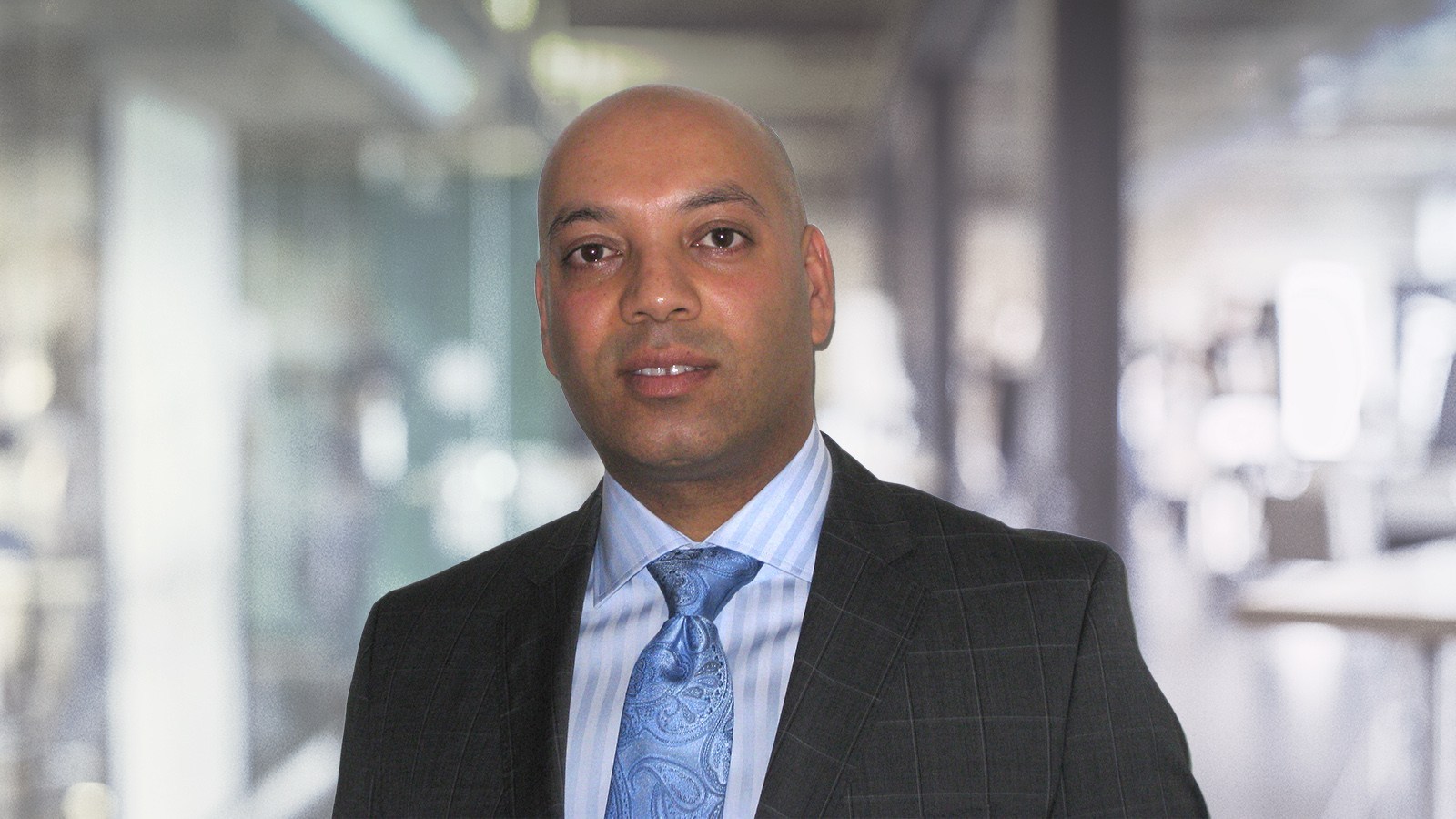‘my7cents’: Ralph Mamadeus shares why technology is not the solution, but the tool to increase happiness in buildings

Ralph Mamadeus is the CEO at Change=, a Netherland-based property developer founded in 2012 that is currently building 10.000 apartments for young working adults with an integrated Living as a Service concept. Prior to leading the strategy at Change=, he has 25 years of experience in companies like Nike, Adecco and USG People. Find out what he has to say about the digitization of the real estate sector, in our interview series “my7cents”.
What do you think is completely underestimated when discussing the digitization of the real estate sector?
Everything. The real estate sector is quite old and dusty. Most developers still think in bricks and stones. But the world is changing, and currently the industry is falling behind. That’s a real pity, because real estate is so big and plays such an important role in our day-to-day life. The streets you walk in, real estate, the house you’re living in, real estate, the office you go to, real estate. So much of our life is determined by this industry. That’s why I’m passionate about using technology to set up the infrastructure to make buildings smarter. With the right infrastructure we can use technology to add real value to our lives. Digitization can help us reach a higher level of happiness in our lives. And that truth hasn’t been yet adapted in the real estate world.
What we need is a change in mindset, otherwise existing property developers will fall short. You just need to look at what happened in other industries. It took Shell and P&G 200 years to reach their economical value. Amazon and Facebook only took 30 years, and Instagram only 5 years to reach the same economic value. The lesson: New companies can come and soon dominate the market. Things are changing fast – and the old way of thinking won’t be good enough to survive and thrive in the future.
What sentence are you tired of hearing in the digitization debate in the real estate sector?
There are a few. For example: “Will it deliver?”, “What is the return?”, “How much will it cost?”. Those are all fair questions, but they also show how far people are from understanding the added value of new technologies. Money is not the issue, but rather that there’s still a lot of scepsis. What’s needed is a new mindset. That’s the current bottleneck.
Which jobs within the real estate sector won’t exist anymore in the next 5-10 years? Which jobs will be created?
The real estate sector is very conservative. Yet, in 5-7 years the job as a developer will rapidly change. Developers will have to be 50% technical companies in order to provide and utilize the technological infrastructure of smart buildings. New developers with an IT background will enter the market, and old fashioned developers will either be able to adapt, or die.
Which digital solutions are you missing in the real estate sector?
Digitization is a tool, it’s never the goal itself. We need to look at behavioral trends and problems that people currently have in order to identify how to utilize a tool such as technology to offer needed solutions. Currently there’s a big shift from ownership to availability. Let’s take mobility as an example. More and more people don’t care about owning a car anymore. What’s important to them is that whenever they need a car, it’s available. Using a car can make your life easier, but you no longer need to own it. That’s where platform models come into play. In the future smart buildings will come with a pool of cars that are shared between the tenants who can book them through their tenant app. Once the actual living is taking care of, people want to consume. It’s the next stage of a tenant’s lifecycle that developers will have to address with smart buildings. That’s what needs to be understood and integrated.
WeWork has made co-working spaces popular. What will be the next concept that uses technology to share resources?
Living as a Service. The core business of property development is not your home anymore, but it’s living in its entirety. It starts at your home, but doesn’t end there. With our company Change =, we are introducing a ‘pay per use’ concept that captures different areas of the lives of our tenants. It goes beyond having access to shared washing machines and includes services related to health, nutrition, personal finances and insurances – all accessible via an app on their smartphones. Therefore technology is the backbone of Living as a Service.
As a property developer yourself, how do you recommend other developers to use the opportunities of the digitization for their business?
Across all my developments I’m focusing on the integration of high-speed fiber glass. In fact, my buildings have the internet power of whole Amsterdam. Why? With the rapid speed technology is evolving and AI coming up, in 30 years from now we’ll need more power. That’s why I’m setting up the right infrastructure today – and that’s exactly what I’d recommend every other property developer to do as well. You want to be prepared for all the changes and opportunities that will come.
If you could turn back time for 10 years and contribute in the early stages of the digitization: which job would you take or for which company would you like to work?
Years ago when I was working as a change manager for Nike, I had the opportunity to work for Facebook. They were just starting out and still small. That was probably one of the few opportunities I regret I didn’t take. Looking back, I’d be excited to join their team, because I’m fascinated by what they’ve accomplished. They’re so much more than a tech company. They are in people’s lives. They make an impact on the happiness of people – and that’s what matters to me.
